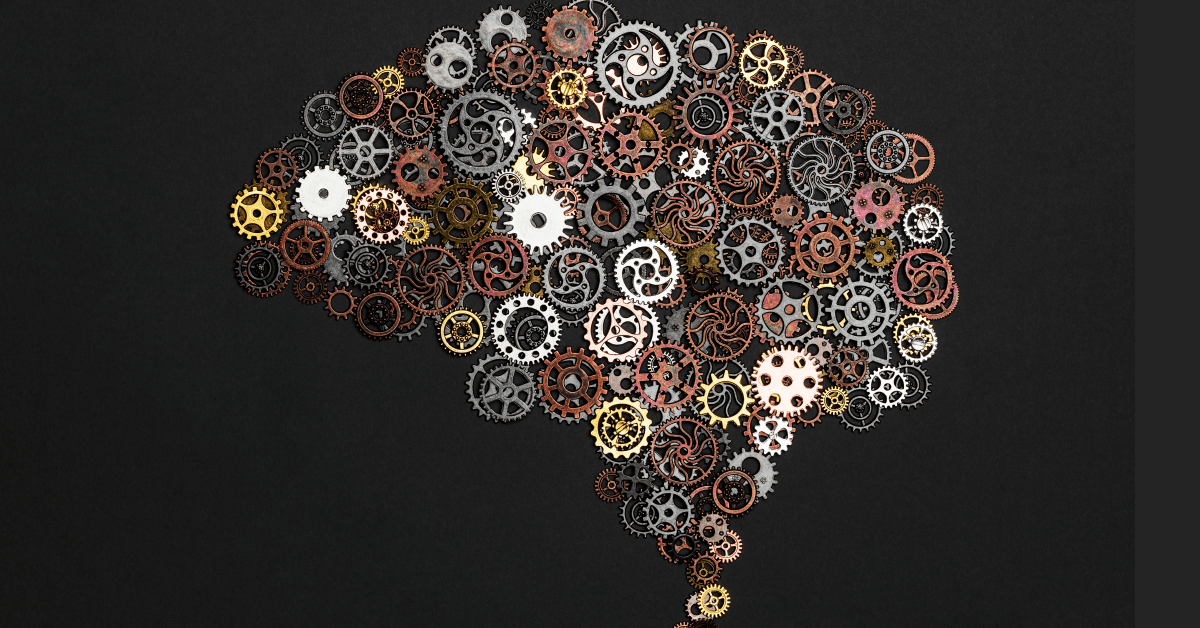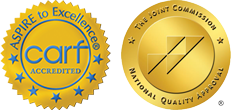Somewhere along the way, you’ve probably heard someone mention the “disease model of addiction”. But what does that even mean?
The disease model of addiction is currently the most widely accepted school of thought when it comes to how we understand addiction. More importantly, the disease model informs how we approach recovery and treatment. So to make sure you’re up to speed, let’s have a discussion about the disease model of addiction. In particular…
What is it?
Why does it offer the best explanation for addiction?
And how has the disease model informed addiction treatment?
Understanding the Disease Model of Addiction
Many years ago, addiction was seen as a behavioral or even a moral problem. In other words, people who suffered from addiction were considered to be bad people who lacked self-control and self-discipline. Although we would eventually come to see addiction differently, it’s worth noting that those early misconceptions still inform attitudes and prejudices toward addiction to this very day.
Eventually, we realized that addiction isn’t merely a behavioral problem. After all, when a person develops an addiction, the likelihood of that person being able to (1) get sober and (2) stay sober is exceedingly unlikely, at least without reinforcing sobriety and healthy behavior.
The earliest treatment centers were actually churches, convents, and other religious centers. People who were chemically dependent were brought to these kinds of locations to give them a safe space to detox. From there, they were encouraged to join support groups and recovery fellowships. But over time, more active coaching and guidance were offered at those religious centers. That’s when substance abuse treatment and drug rehabs entered the picture.
With decades of observation and study, we recognized there are underlying neurological changes at play. This was facilitated by the realization that the development of an addiction coincides with significant functional and even structural changes in the brain.
Do you have a loved one struggling with addiction?
We know how hard that can be. Give us a call to find out what options you have.
The disease model of addiction came along and essentially redefined how we view (and treat) substance abuse. Rather than the behavioral disorder as it was seen as before, addiction is now believed to be a neurological disease or brain disease. This makes addiction more similar to diseases like diabetes or Alzheimer’s than mere moral degradation.
The Disease Model and Addiction Treatment

Now that we’ve covered the disease model, let’s go over some of the ways that the disease model of addiction has informed how we view and treat addiction today.
For the most part, all treatment methods and techniques used in substance abuse treatment programs today are informed by the disease model. Because rather than working toward a cure for substance abuse, drug and alcohol addiction treatment centers approach the treatment of addiction much like a psychiatrist would approach the treatment of a mental or emotional disorder, which is to say that the goal is more about identifying and managing symptoms of the disorder.
Cognitive-behavioral therapy (CBT) is often the backbone of a substance abuse treatment center, for instance. Also commonly called “talk therapy”, CBT is used to explore some of the underlying causes of addiction. It’s also used to identify a person’s triggers and teach strategies for avoiding or nullifying those triggers to safeguard sobriety. Again, CBT is largely for identifying and managing symptoms of addiction.
This is why you often see many holistic treatments and training in substance abuse treatment programs. For instance, it’s quite common for drug and alcohol treatment centers to offer life skills training or financial coaching, both of which address some of the common effects of long-term addiction.
Find Yourself at Discover Recovery Treatment Center
There are so many people who misunderstand addiction. In fact, the misconceptions about addiction that have been so common have stigmatized substance abuse and often discourage people from seeking treatment. As a result, a very low percentage of people who are chemically dependent actually receive the care they need to get sober.
At Discovery Recovery Treatment Center, our prioritize is to use innovative treatments and techniques to help those in need. Additionally, we have built our programs around our core values of integrity, transparency, passion, and community.
To learn more about our programs, or to find out how Discover Recovery can help, contact us today.





